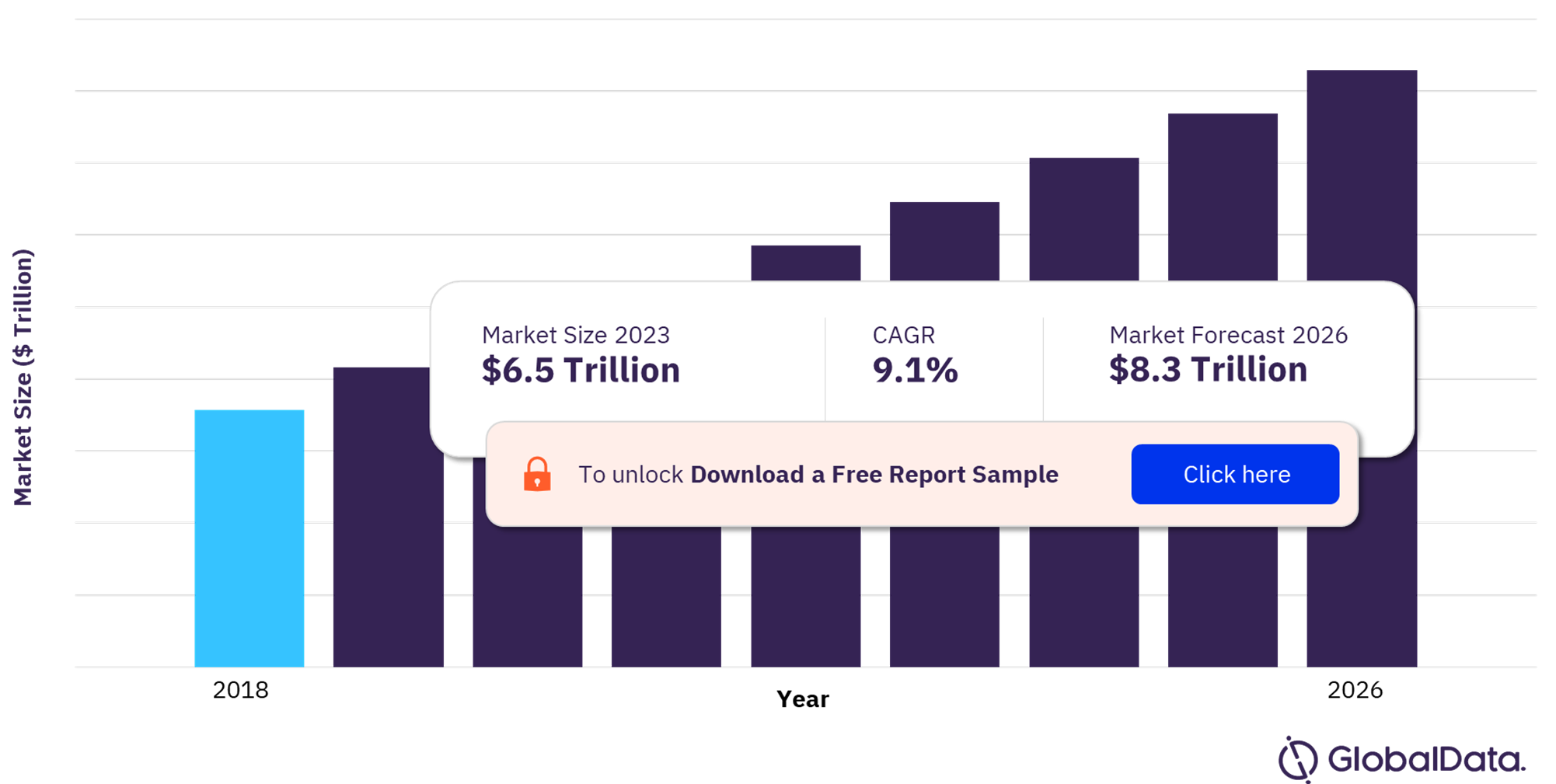Introduction
In today's digital era, the B2C e-commerce market has revolutionized the way businesses and consumers interact. With the convenience of online shopping, consumers can now browse and purchase products or services from the comfort of their homes. This article explores the world of B2C e-commerce, its significance, challenges, and strategies for success.
Definition of B2C E-commerce
B2C, or business-to-consumer, e-commerce refers to the online transactions that occur between businesses and individual consumers. It involves the sale of products or services directly to end-users through online platforms, websites, or mobile applications. B2C e-commerce has gained immense popularity due to its accessibility, convenience, and vast product range.
Growth and Importance of B2C E-commerce
The B2C e-commerce market has experienced rapid growth over the years. With the increasing penetration of the internet, the number of online shoppers has significantly risen. Consumers now have access to a global marketplace, enabling them to explore a wide range of products and compare prices effortlessly. The convenience of doorstep delivery and flexible payment options further fuel the growth of B2C e-commerce.
Benefits of B2C E-commerce
B2C e-commerce offers numerous benefits for both businesses and consumers. For businesses, it provides a global reach, allowing them to expand their customer base beyond geographical boundaries. Online platforms also offer cost-effective marketing and advertising opportunities, enabling businesses to target specific consumer segments. On the other hand, consumers benefit from the convenience of 24/7 shopping, access to a wide variety of products, and the ability to read reviews and make informed purchase decisions.
Challenges of B2C E-commerce
While B2C e-commerce presents exciting opportunities, it also comes with its own set of challenges. One of the significant challenges is the intense competition in the online marketplace. Businesses need to differentiate themselves and stand out amidst numerous competitors. Additionally, ensuring secure online transactions, managing customer expectations, and providing efficient customer support are essential challenges that businesses face.
Key Factors for Success in B2C E-commerce
To succeed in the B2C e-commerce market, businesses must focus on several key factors. Firstly, creating a user-friendly and visually appealing website or mobile app is crucial to attract and retain customers. Secondly, offering personalized shopping experiences and personalized recommendations based on customer preferences can significantly enhance customer satisfaction and loyalty. Finally, providing seamless payment and shipping options, along with excellent customer support, are vital for a successful B2C e-commerce business.
Strategies for a Successful B2C E-commerce Business
To thrive in the B2C e-commerce market, businesses can adopt various strategies. Building a strong online presence through search engine optimization (SEO) is crucial to increase visibility and drive organic traffic to their websites. Social media marketing, email marketing, and influencer collaborations can also be effective strategies to engage with customers and promote products. Additionally, leveraging data analytics and customer insights can help businesses tailor their marketing campaigns and product offerings to meet consumer demands.
View Sample Report for Additional Insights on the B2C E-Commerce Market Forecast, Download a Free Report Sample

